Calming irritated skin can be as straightforward as opting for natural remedies, drinking enough fluids, and making small lifestyle changes.
Here are five natural skin-care tips that can help restore your skin’s balance.
No matter the season, there’s always a moment when my skin starts acting up. While the specific problems shift, the most frequent complaints I face are:
- dryness
- acne
- redness
As for the causes, sometimes it’s a rapid shift in the weather; other times it’s stress from a tight deadline or the fatigue of a long-haul flight.
Whatever the trigger, I prefer to use the most natural, holistic approaches available to soothe my irritated skin.
If you’re in the same boat and want to know how I restore my skin, below are my five tried-and-true strategies.
Hydrate, hydrate, hydrate
My first step is always ensuring I’m drinking enough water. It seems to help with almost every skin woe, particularly dryness and breakouts.
Water keeps the skin hydrated and helps prevent dehydration lines that can appear on the face and resemble wrinkles.
Individual needs vary, but I aim for at least 3 liters a day, and often more if my complexion looks stressed.
Discover your beauty foods

I generally avoid foods that trigger inflammation—like gluten, dairy, and excess sugar—because I’ve noticed they can lead to acne and other skin problems.
When I stick mainly to plant-based meals, my skin tends to radiate.
When my complexion is troubled, I turn to my go-to “beauty foods” — the items that consistently make my skin look and feel better.
My favorites include:
- Papaya.
I favor this fruit because it’s rich in vitamin A, which may help lower acne risk, and vitamin E, which supports skin health and appearance. It’s also a good source of vitamin C, which aids overall skin vitality. - Kale.
This leafy green offers vitamin C and lutein, a carotenoid and antioxidant that can support skin health. - Avocado.
I opt for this creamy fruit for its healthy fats, which help the skin feel softer and more hydrated.
Identify your own beauty foods by noting what you eat when your skin looks its best.
Sleep it off
Getting adequate sleep is essential, especially when my skin isn’t in top shape — aim for about seven to nine hours each night.
Good rest can help with dullness and breakouts. Remember: when your body is sleep-deprived it becomes stressed, releasing cortisol, which can contribute to fine lines and acne.
Additionally, your skin produces new collagen while you sleep, helping to stave off premature aging. Before trying the latest trend, focus on improving your sleep routine first.
Sweat it out
I’m a fan of a solid sweat session, particularly when breakouts are the issue. Although it might feel counterintuitive, sweating through exercise or an infrared sauna opens pores and helps expel buildup, which can reduce breakouts.
Like quality sleep, exercise also lowers stress levels, which can decrease cortisol production and benefit your skin.
Choose natural products
When dealing with dryness or acne, I often reach for honey-based products or plain honey as a treatment.
Honey is excellent because it’s antibacterial and antimicrobial, and it also acts as a humectant—drawing moisture into the skin.
I frequently whip up a honey mask at home and leave it on for 30 minutes before rinsing.
The takeaway
Everything is connected, and when your skin flares up it’s often trying to communicate something.
That’s why I prefer a holistic approach to helping my skin recover. Next time your complexion is troublesome, try incorporating one or two of these strategies into your routine.




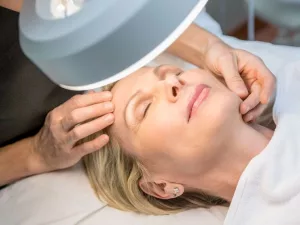



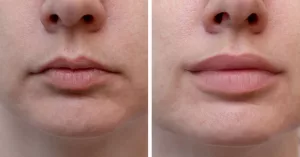

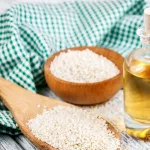








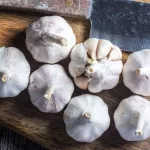



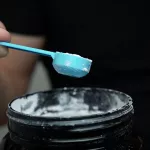

Leave a Reply
You must be logged in to post a comment.